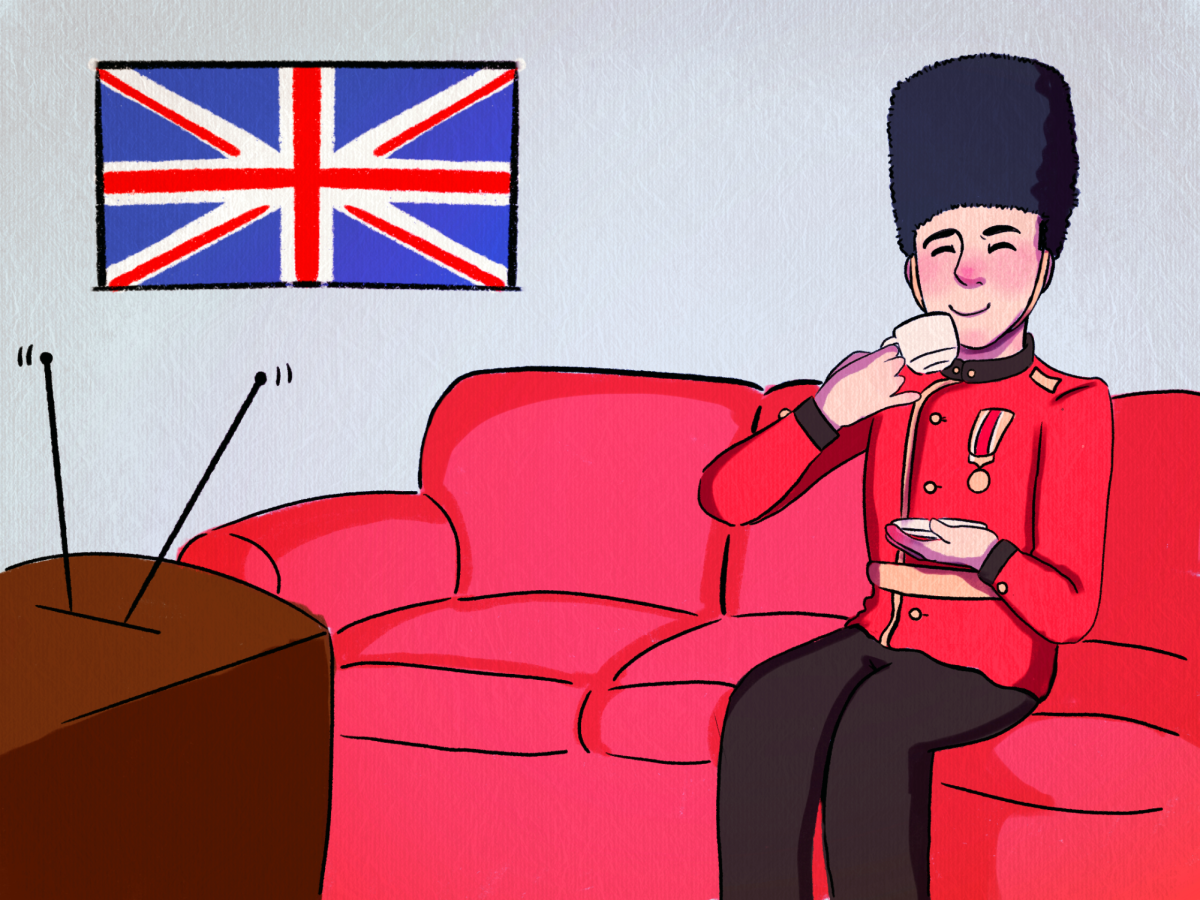With his recent documentary “”The Game of Death,”” French director Christophe Nick has effectively added game show host to the long list of authority figures capable of robbing citizens of their intellectual and moral willpower. The documentary, inspired by the Milgram experiments of the 1960s, not only proved that people can be cruel and mindless, but that we are doggedly determined to forget how stupid we are.
Mere decades after the Nazi epoch, Dr. Stanley Milgram set out to quantify the human penchant for obedience.
Under the pretenses of a “”learning experiment”” Dr. Milgram found that he was capable of convincing 65 percent of subjects to deliver increasing levels of apparently injurious electrical shock to another subject — a professional actor — who protested in pain.
Add a glamorous host, an audience and a television camera and 65 percent suddenly becomes 80 percent, according to a BBC story “”Row over ‘torture’ on French TV”” on March 18. Contestants on the fake game show were clearly troubled, as they were said to “”smile or laugh nervously”” as they punished other contestants — also actors — with blasts of electricity each time they missed a memorization question. Yet only 16 of the 80 participants withdrew before the final shock, which appeared to kill or incapacitate the contestant in the electric chair.
The participants were reportedly traumatized by the experience. One tearful woman wondered how she would explain to her family what had happened. They received professional psychotherapy afterward, and almost no one refused to appear in the documentary.
Nick told Le Parisien that he intended to show that the power of TV was more than just theoretical. Certainly, he succeeded. But when, if ever, is obedience a good thing?
According to the New York Times article “”Moral Lessons, Down Aisle 9,”” published on March 22, different forms of obedience may make the world go ’round. The article cites a study published this month in Science Magazine that compares smaller, less technologically developed communities of hunters and gatherers to larger communities with high levels of “”market integration”” as indicated by the amount of food they purchase.
Using a game called “”Dictator”” in which two anonymous strangers are awarded a sum of money and it is up to only one of them to share the prize, they found that shoppers in a Minnesota grocery store would share almost half of the money — the most of any group. However, they were also much more likely to exercise their ability to “”punish”” the “”Dictator”” for being selfish, even at their own expense.
The researchers propose that the driving force behind the varied responses is a “”desire not to violate standards of expected behavior.”” They believe that our penchant for accepting social norms and adhering to them readily may allow for the highly cooperative environment needed to sustain complex, industrialized, food-sharing societies. The quickness of shoppers to punish selfishness reflects our need to enforce these standards.
In essence, we have been programmed to operate in accordance with the group, even if it means ignoring our own pure self-interest. Clearly, the danger arises when the situation changes quickly and we calibrate our behavior quickly, before processing the information according to our own morality.
Indeed, in the Winter 1988 edition of Issues in Ethics, psychologist Steven Sherman showed that if people considered issues of morality weeks before being confronted with one of the same issues, the vast majority refused to act against their conscience, even if pressured by an authority figure.
Unfortunately, judging by the documentary, at least 64 people in France had neglected to ponder ethical dilemmas lately. While it’s an unpleasant task to keep the world’s greatest cruelties in mind, it may be the only way to prevent them from happening again and again and again.
— Andrew Kenyon Busch is a first-year doctoral student in physiological sciences. He can be reached at letters@wildcat.arizona.edu.








